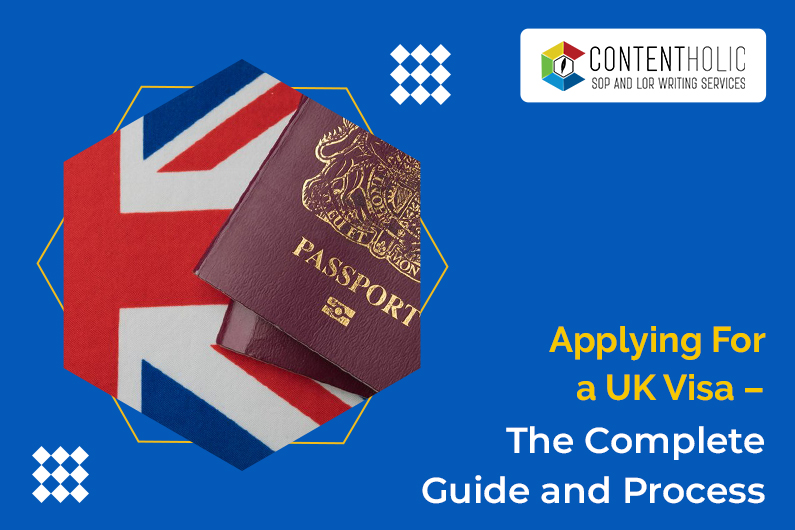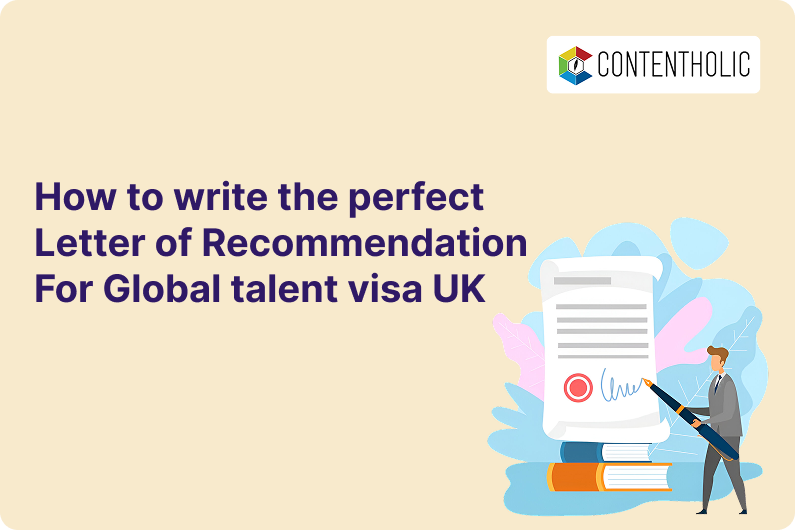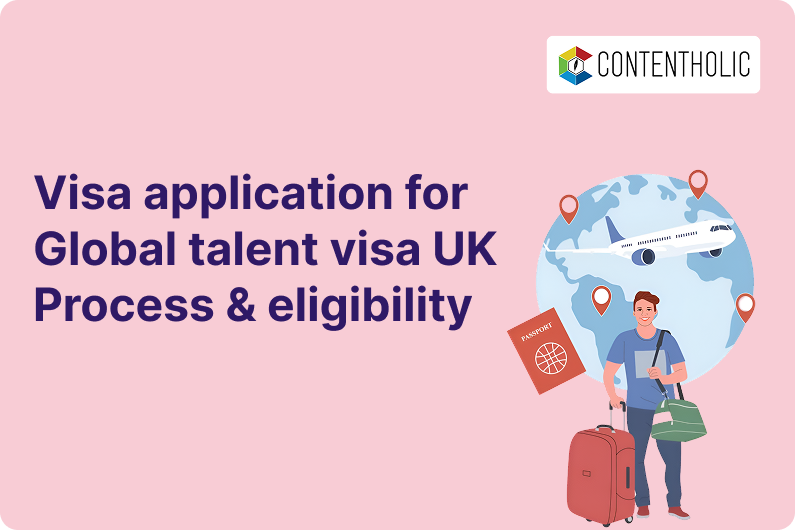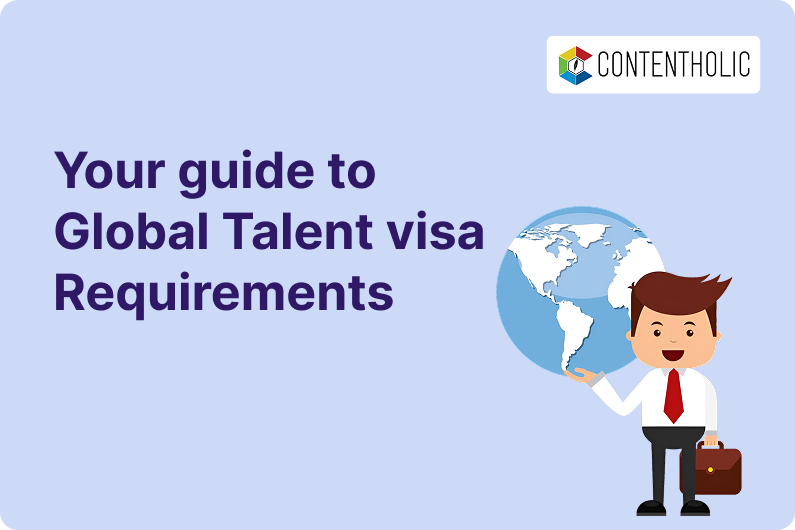Foreigners who want to live and work in a country that is highly regarded, has a rich cultural heritage, and offers exciting opportunities frequently choose Great Britain as their destination. It includes attending prestigious colleges that are recognized all over the world, starting a business in a reputable business climate, or to take advantage of excellent quality of life. The UK is known for its high standard of living, with good infrastructure, access to public services, and a range of leisure and cultural activities to enjoy.
Why UK?
- All immigrants in the UK who have applied for permanent residence in the country can profit from a progressive healthcare system. For both British residents and foreign nationals, having access to a quality healthcare system is an essential right. The UK has a publicly funded healthcare system, the National Health Service (NHS), which provides free healthcare to all residents. This means that you can receive medical treatment without having to worry about high costs. In addition, regardless whether the individual is a UK citizen or a citizen of any other country, emergency cases are given the most priority.
- By following certain conditions, foreign nationals who have lived in the UK for at least five years can apply for British citizenship. For instance, they need to demonstrate a clean criminal record, an indefinite leave to remain, and should have solid knowledge of UK culture and life. Citizenship by naturalization is accepted for all residents of at least 18 years old.
- The UK is home to top universities and highly rated colleges like the University College in London (UCL), the Royal College of Music, Kingston University in London,the London Business School and many more. At the moment, there are a total of 2,862,620 students enrolled in higher education institutions across the UK. Compared to the total number of students in the 2020/21 academic year, this represents a 4.02 percent increase.
- Through a variety of projects, programs, and campaigns, a lot of non-profit organizations work to make it easy for foreigners to settle in the UK. If a person wants to live and work in the UK, they can apply for a work permit. The procedures for obtaining a work permit are straightforward, and simple.
All in all, moving to the UK has many perks, from elite schooling, an exclusive standard of living to open doors for new work opportunities. The United Kingdom has something for everyone, whether you want to start a new career, go to a top university, or just enjoy the country’s natural beauty and cultural offerings. This article will further guide you through the process of applying for a UK visa, all the required documents you need to submit, and what to expect.
What is a UK Visa?
A UK visa is a document issued by the British consulate or a British embassy in your native country that allows a foreign national to enter, stay, and/or work in the country for a specified period of time. While citizens of various Western countries, particularly those in Europe, can travel to the United Kingdom without a visa, individuals from most other countries will likely require one to gain entry.
There are many different types of UK visas, each with its own specific requirements and restrictions, depending on the purpose and length of stay. Some of the common types include tourist visas, work visas, study visas, family visas, or business visas. In order to obtain a UK visa though, applicants must meet certain eligibility criteria, such as having a valid passport, providing evidence of financial support, and passing a security background check.
Possession of a UK visa grants permission for individuals to enter the country, regardless of the mode of transportation used and it also confirms that the necessary criteria for the specific type of visa have been met.
UK Visa application
The process and service you need to use to apply for a UK visa largely depends on the type of visa you need to apply for. Although many requirements are the same across categories, the system evaluates them differently. In the UK’s new points-based system, you must score a certain number of points for each visa to be eligible for one, and you must show that you can do so. Particularly if your visa falls under the PBS or the (Points-Based System), there are some unique requirements that vary depending on the specific category.
For example:
- In the case of a skilled worker visa, you can apply only if your employer is eligible and you meet the necessary qualifications.
- If you intend to apply for an investor visa, you will need to showcase that you possess enough funds.
On the other hand, for every other type of visa, you will have to use the online Visa4UK service, including for study and work visas. If you are applying for the first time you will have to create an online account and if you already have an account, just sign in and fill the areas with the required information.
Go through these simple steps to apply for UK visa you must:
- Determine if a UK visa is required.
- Choose the appropriate UK visa type.
- Complete the online application form.
- Gather all required documents for the visa application.
- Schedule a UK visa appointment.
- Attend the scheduled visa interview.
1. Determine if a UK visa is required
The very first step is to check if you are required to have a UK visa by visiting the official UK government website or contacting the nearest UK embassy or consulate in your country as we earlier discussed, that under some circumstances depending on your nationality, a visa may not be required.
If you are one of the following, you do not need to apply for a UK visa before traveling to Scotland, Wales, England or Northern Ireland:
- An EEA citizen
A citizen of either one of the EU countries or Iceland, Liechtenstein or Switzerland.
- A Commonwealth citizen
A member of the Commonwealth of Nations who is either a citizen or a qualified national.
- A Swiss citizen
A citizen of Switzerland.
2. Choose the appropriate Visa type
It is important to choose the appropriate type of visa you require based on the purpose of your visit, for example, tourism, work, study, or family visit because the purpose of your visit to the UK determines the majority of the application process for a visa, including all the necessary requirements needed to obtain a visa.
There are many different types of short-term and long-term visas available. These visas can likewise be utilized to get Indefinite Leave to Remain, which is a significant step on the way to permanent residency.
These several types of UK visas include:
- UK Study Visa: This is a very popular visa among International students, it is intended towards individuals who wish to enroll in a study course or university in the country. If your studies are short-term, you should apply for a UK Short-Term Study Visa but If you intend to stay long-term in the UK, you should apply for a Student Visa also called as (Student route).
- UK Work Visa: This visa is required to enter the UK for business or work purposes. It is intended towards individuals who wish to seek job opportunities in the country and receive payment for their services provided. Work visas available in the UK are as follows:
Short-term work visas:
- International Agreement visa
- Religious Worker visa
- Seasonal Worker visa
- Youth Mobility Scheme visa
- Graduate visa
- Start-up visa
- Global Talent visa
- Charity Worker visa
- Creative Worker visa
- Government Authorized Exchange visa
Long-term work visas:
- Health and Care Worker visa
- International Sportsperson visa
- Skilled Worker visa
- Minister of Religion visa (T2)
- Intra-company visas
- UK Tourist Visa: This visa is intended for individuals who want to visit friends or family, go on holiday, receive private medical treatment, get married, or engage in other similar activities. A tourist visa would be the most appropriate for you if you are a non-EEA citizen and plan on staying in the country for less than six months. It is also important to keep in mind that this visa only grants the right to visit the country on a temporary basis and cannot serve as a work permit.
- UK Transit Visa: This visa is designed for individuals who need to pass through the UK while in transit to another country. Down below are the requirements needed to obtain one:
- You need to be in transit to another country, possess enough funds and have the intention to continue traveling.
- You must be able to show that you can enter the country you’re heading to, and that your visit to the UK is solely for transit purposes.
- If you need to pass through the UK frequently for a more extended period, you can apply for a long-term visit visa, which is valid for two, five, or ten years, with each visit limited to 48 hours.
- You can also obtain a direct airside transit visa or a visitor in transit visa depending on whether you will pass through immigration or not.
- EEA or Swiss nationals are exempt from the need for UK transit visas.
- Other Visas: This category includes visas required for setting up a business in the UK, joining family members living in the country or temporary refugee visas.
- UK Family Visas: This visa is for people who want to stay with family members who are working and living in the UK for more than six months as their dependents. If you want to live with your long-term partner, child, parent, or other relative, you may be able to apply for a family visa to the UK.
- UK Refugee Visa: This visa is designed for individuals who were forced to flee their country due to unfortunate circumstances and are eligible for temporary refugee visas. The application for this visa is applied from within the United Kingdom.
3. Complete the online application form
The online UK visa application form consists of the applicant’s personal details, which the applicant is responsible for answering and filling out correctly. It also includes space for any additional information relevant to your application. If the information provided in the application form does not match the information in other necessary documents, your application may be rejected.
Questions about personal information that are asked on the online application for a UK visa are as follows:
- Applicant’s full name
- Applicant’s nationality
- Applicant’s country of residence
- Applicant’s marital status
- Applicant’s personal phone number
- Applicant’s passport number
- Why do the applicants intend on entering the country?
- Other information regarding the application
4. Gather all required documents for the visa application
The UK authorities are responsible for making a decision about your visa application. It’s important to ensure that you gather and provide all the necessary documents required for the particular UK visa you are applying for, in accordance with the UK Home Office’s guidelines.
Although the specific documents required for each UK visa may differ, generally, you will need to provide:
- Your passport
- Your photos
- The appropriate visa application form
- Proof of accommodation (evidence of where you will be staying)
- Proof of funds (proof that you have enough money to cover your expenses)
- Your travel plans
5. Schedule a UK visa appointment
Once you have booked your appointment online, it is important to print out the email that confirms the details of your appointment.
Take this with you, along with all the necessary original documents, to the UK visa application center that you have selected to attend. It is crucial to ensure that you provide all the required documents exactly as they are requested because even a small error can lead to significant problems.
Additionally, please be aware that the appointment must be booked under your name and not under someone else’s.
6. Attend the scheduled visa interview
Remember that the visa interview is an opportunity for the interviewer to assess whether you meet the requirements for a UK visa. Here are some tips to help you:
- Dress in formal or business attire to show that you are serious about your application.
- Arrive at the interview location at least 15 minutes before your scheduled appointment time to make sure you are right on time.
- Make sure you have all the required documents ready for your visa interview, including your passport, visa application form, photographs, and any supporting documents that may be required as at the UK visa application center, it is necessary to provide all your biometric details.
- Answer all questions truthfully and provide accurate information. If you are caught lying, it can negatively impact your application.
- Be prepared to explain the purpose of your trip to the UK, including details about your itinerary, accommodation, and any activities you have planned.
- Lastly, in-person attendance at the visa application center is compulsory for all visa applicants, including children. If the applicant is under 18 years old, an adult must accompany them.
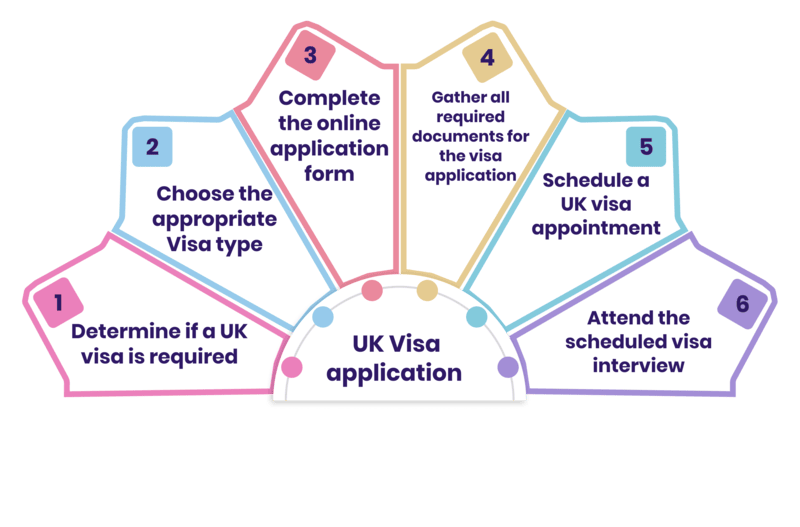
UK visa application refused
Visa denials can be frustrating and disappointing, but a refusal of your visa to the UK doesn’t imply that you are prohibited for life from coming to the Extraordinary country. It’s important to understand why your application was denied in the first place, so that you can take appropriate action if necessary.
It is essential that you carefully review the reason provided by the UKVI (UK Visas and Immigration) and consider seeking legal advice to determine if you have grounds to appeal the decision or reapply with additional documentation. If you do decide to reapply, make sure that you address the issues that led to the denial in your new application.
Some of the common reasons for visa denials include:
- Failure to provide required documentation or information.
- Insufficient evidence to support the purpose of the visit.
- Inaccurate or incomplete information on the application.
- Inability to demonstrate sufficient funds to support the stay in the UK.
- Concerns about the applicant’s intentions to return to their home country after their visit to the UK.
- Criminal history or previous immigration violations.
- Health or security concerns.
- Prior overstays during previous visits.
However, in the event that you have given fraudulent information about yourself or have done anything more to mislead the officers, you can be prohibited from entering the UK for upto 10 years. This measure though can only be used in exceptional situations.
How to appeal against a UK visa refusal?
If your visa application has been denied, there are typically three options available to you. Although, it is recommended that you seek the guidance of an experienced immigration lawyer as soon as possible to avoid wasting time and money pursuing a case that is unlikely to succeed.
- The first option is to appeal the decision if you believe that the decision made was unfair or incorrect, you can do so by filling form IAFT-2, which is the official appeal form to First-tier Tribunal. It is also essential to carefully examine the reasons for the refusal and thoroughly assess the situation to determine how to best challenge the decision.
- The second option is to analyze the reasons for the refusal and reapply, attempting to address the issues that led to the initial rejection. This approach may result in a faster resolution than appealing the decision, particularly for those applying for entry clearance from abroad.
- The final option is the most difficult, which involves attempting to overturn the refusal before the appeal process by requesting reconsideration from the UKVI. This option may only be feasible if an obvious error was made by the UKVI, and time is of the essence, as there may be a limited window to address the issue.
Some frequently asked questions (FAQs)
What is the fee for submitting a French visa application?
The cost of a French Schengen Visa is:
- €80 for adults.
- €40 for children below 12 years old.
However, it’s essential to review the list of fees for the French Schengen visa carefully because certain applicants are exempt from paying, while others may have to pay a reduced amount. This depends on various factors such as age, nationality, and the purpose of the trip.
How long does it take to get approved?
The French Schengen visa may require up to 15 days for processing. However, the processing time may vary depending on the specifics of your visa application, and it could take up to 30 days or, in rare cases, up to 60 days.
I was denied my visa application. Do I have the right to receive an explanation or reason for the denial?
Unfortunately, the Consulate is not obligated to provide a reason for the rejection. It is up to their discretion whether or not to disclose the information.
I cannot physically go to the appointment center. Is it possible for me to send my documents by mail instead?
Unfortunately no, it is recommended that you submit your documents in person. Although, if you have already provided biometric data, you may be able to use an authorized travel representative to send the documents.
Is it possible to extend my Schengen visa in France?
Yes, you can extend your Schengen visa in France, but only under exceptional circumstances where new information or unique reasons arise after your entry to France. Depending on the type of visa you possess, you must submit the extension application to either the Prefectures or the visa policy section of the French Ministry of Foreign Affairs.
- If your visa is on an ordinary passport: the prefectures are the appropriate authorities for extending your short-stay visa’s validity or duration of stay.
- However, for visas affixed on diplomatic, official, service, or special passports: the visa policy section of the French MFA is the only competent authority for extending short-stay visas.

